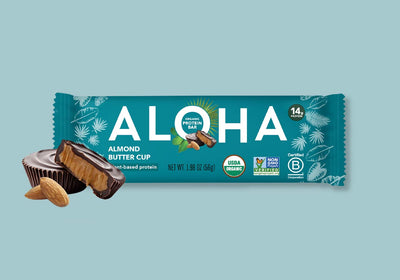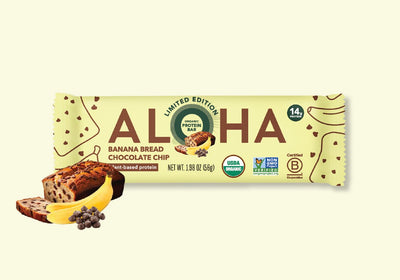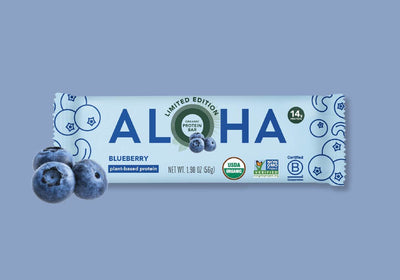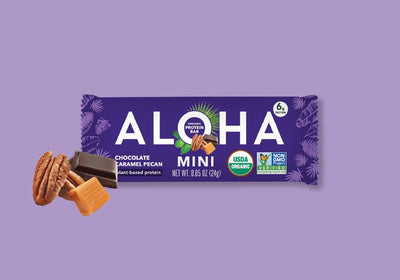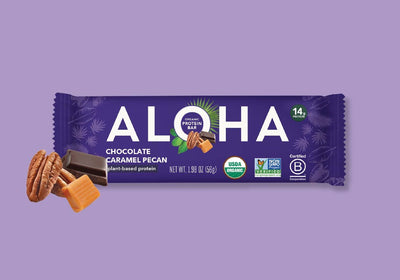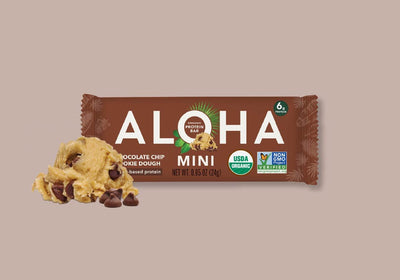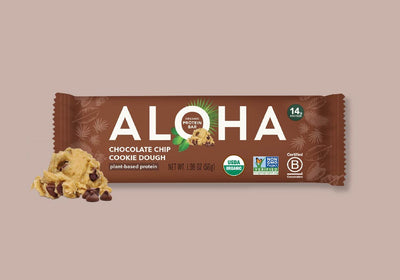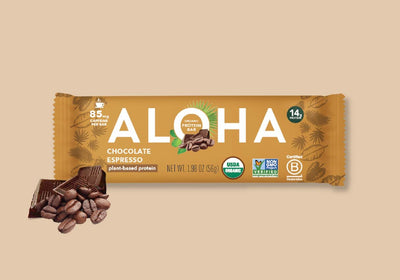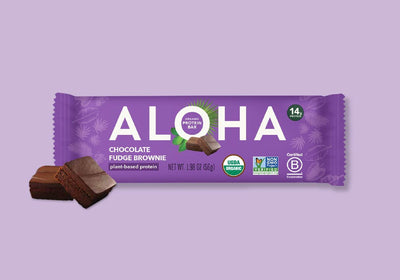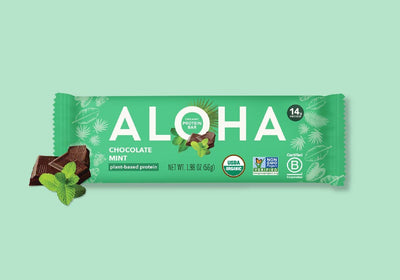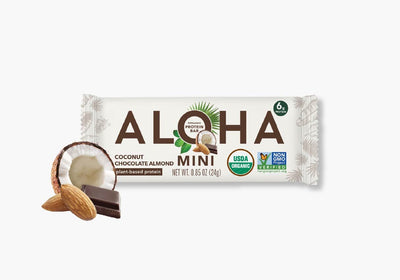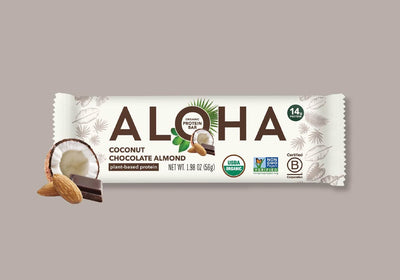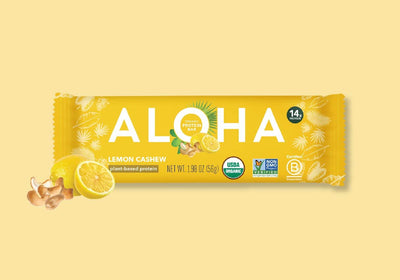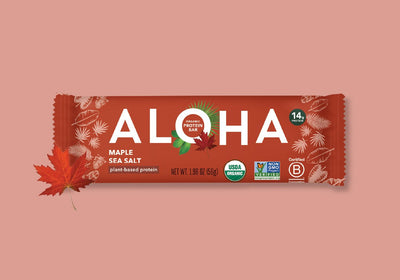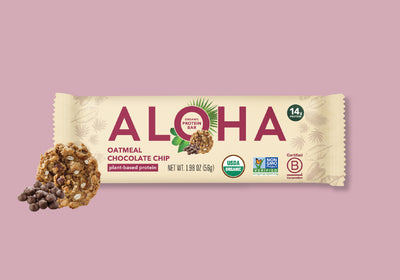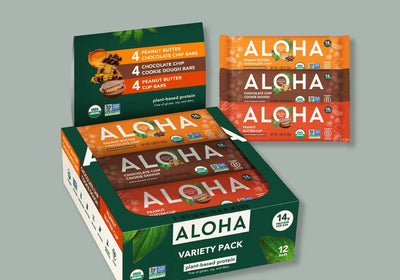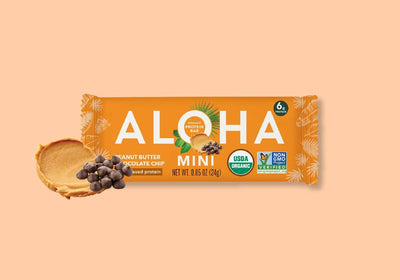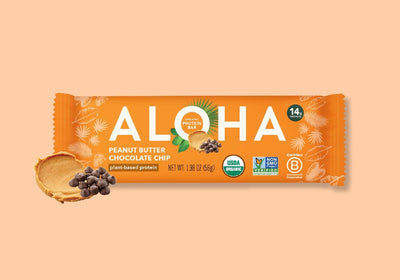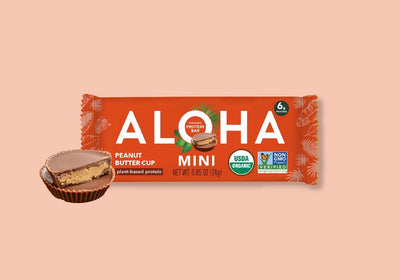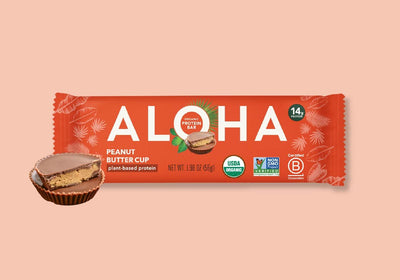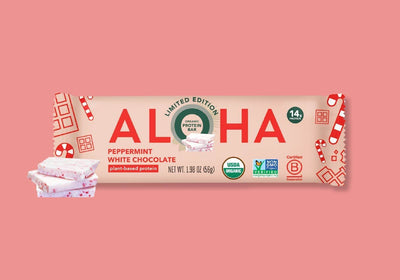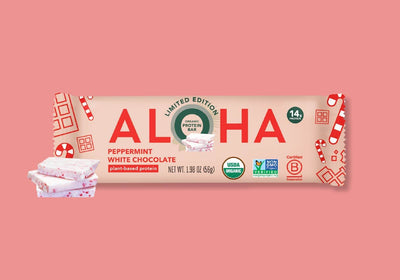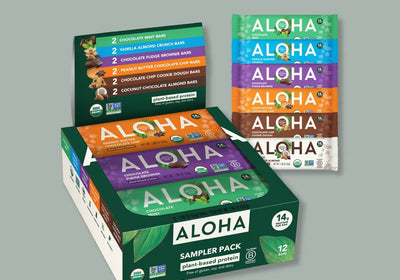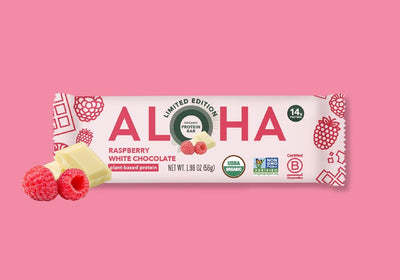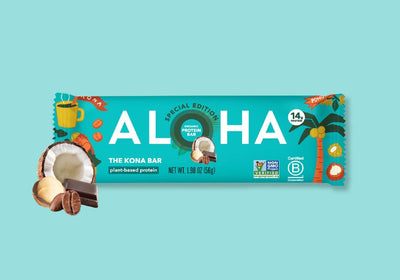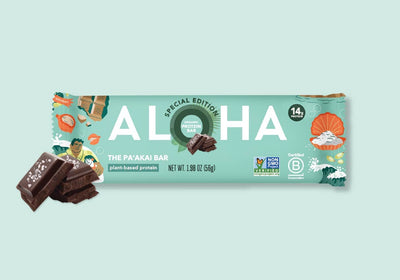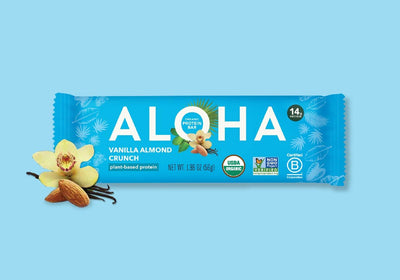Complete Amino Acid Profile For Muscle Support
Many plant-based protein sources used in gluten-free bars, such as pea protein, offer a complete amino acid profile despite being derived from plants. Pea protein contains all nine essential amino acids necessary for muscle repair and growth, making it an excellent choice for athletes or individuals focused on building muscle mass. This ensures that you can effectively support your muscle recovery and development without relying on animal-based proteins. The combination of gluten-free and plant-based ingredients in these bars allows for efficient post-workout recovery, promoting overall physical wellness. By providing a complete amino acid profile, these bars cater to active lifestyles without sacrificing nutritional quality.
Sustainability And Environmental Impact
Plant-based proteins in gluten-free bars are much more sustainable than animal-derived proteins like whey or casein. Producing these proteins requires significantly fewer resources, including water, land, and energy, making them an eco-friendly alternative. Many brands that offer gluten-free protein bars also emphasize ethically sourced, non-GMO ingredients, aligning with the values of environmentally conscious consumers. By choosing plant-based protein bars, you contribute to a greener food system, helping reduce the overall environmental footprint of your diet. Supporting these sustainable choices encourages better ecological practices in the food industry.
Suitable For Vegan And Vegetarian Diets
Gluten-free protein bars with plant-based protein perfectly match individuals following vegan or vegetarian diets. These bars provide a convenient way to meet daily protein requirements while adhering to ethical dietary choices that exclude animal products. Since they are free from animal-derived ingredients, they offer a cruelty-free solution for people who want to maintain a nutritious, plant-powered lifestyle. These bars are versatile enough to cater to various dietary restrictions, making them accessible to a broader range of consumers. As a result, they serve as a reliable source of clean, plant-based nutrition for anyone committed to vegan or vegetarian living.
How Can You Incorporate Gluten-Free Protein Bars Into Your Routine?
A Quick, Nutritious Snack Between Meals
Gluten-free protein bars are an ideal option for snacking between meals, providing a convenient and nutritious boost of energy. They offer a healthier alternative to processed or sugary snacks, helping curb hunger without needing elaborate meal preparation. With their high protein and fiber content, these bars help maintain a feeling of fullness while stabilizing blood sugar levels, preventing energy crashes. This makes them perfect for individuals who want to keep their energy steady throughout the day. Whether at work or home, gluten-free protein bars offer a simple solution to maintain nutrition between meals.
Post-Workout Recovery Fuel
After a workout, your body needs protein to support muscle recovery, and gluten-free protein bars provide a convenient way to replenish essential nutrients. Plant-based protein bars are particularly easy on digestion, making them an excellent post-exercise recovery option that won't upset your stomach. Consuming a bar shortly after your workout can help accelerate muscle repair and reduce soreness. These bars are also time-saving, as you can grab one on the go without preparing a protein shake or a meal. For those with busy schedules, gluten-free protein bars simplify post-workout nutrition.
On-The-Go Nutrition For Busy Days
Gluten-free protein bars offer a practical solution for busy days when you need nourishment but have little time for full meals. Whether rushing between meetings, running errands, or traveling, having a protein bar handy gives you access to a quick and healthy snack. These bars are portable and don’t require refrigeration, making them a perfect fit for those with fast-paced lifestyles. By keeping a gluten-free protein bar in your bag, you can avoid unhealthy food choices when hunger strikes. Their convenience makes them an essential snack for maintaining energy on the go.
Fuel For Outdoor Activities And Travel
For outdoor enthusiasts and travelers, gluten-free protein bars are a reliable source of sustained energy during activities like hiking, biking, or long road trips. They are lightweight and don’t spoil easily, making them easy to pack and carry over extended periods. The combination of protein, carbohydrates, and fats in these bars ensures that you have a steady release of energy to keep you going through physical exertion. Additionally, their gluten-free nature makes them suitable for those with dietary restrictions, offering a convenient and safe option for adventurers. These bars ensure you're well-fueled for any outdoor or travel excursion.
Which Ingredients Should You Avoid In Gluten-Free Protein Bars?
When choosing gluten-free protein bars, it's important to watch out for certain ingredients that may compromise their nutritional value.
- Artificial Sweeteners and Sugar Alcohols - Bars containing artificial sweeteners like aspartame or sucralose can cause digestive discomfort, especially for sensitive stomachs. Sugar alcohols, such as sorbitol or erythritol, are often added to reduce calories, but they can lead to bloating or gas.
- Hydrogenated Oils and Trans Fats - Hydrogenated oils and trans fats are unhealthy fats often found in processed snacks. These fats increase the risk of heart disease and inflammation. Choosing bars made with healthy fats like coconut oil, almond butter, or seeds is best.
- Excessive Added Sugars - Many protein bars contain high-added sugars, which can negate their health benefits. Check the label for sugars like high fructose corn syrup or cane sugar, and opt for bars that use natural sweeteners like dates or honey.
- Preservatives and Artificial Ingredients - Avoid bars with long lists of synthetic ingredients, preservatives, or chemical-sounding names. These additives are often unnecessary and detract from the clean, whole-food profile you want in a gluten-free bar.
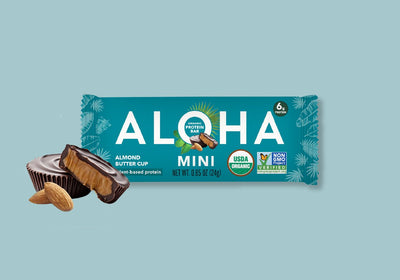
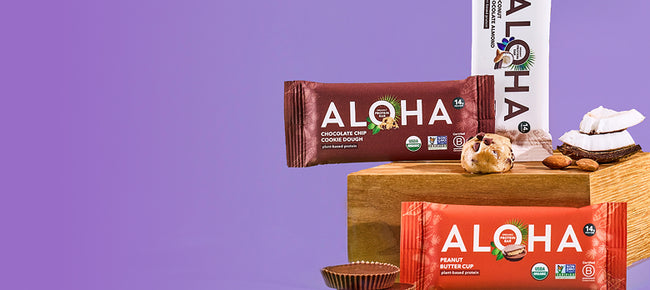 collection header image
collection header image
 collection header image
collection header image

